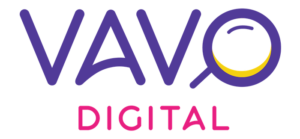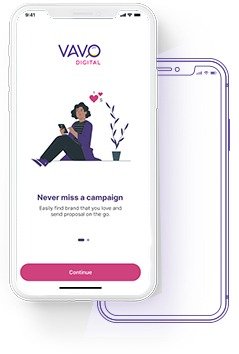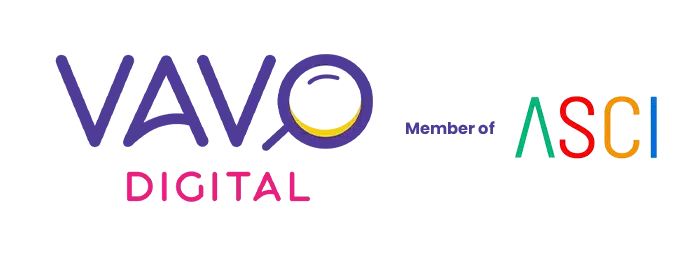
Everything you need to know about Influencer Whitelisting
As the Influencer Marketing industry is evolving so are the social media platforms that
support the creators and are helping them grow!
From building brand content tags to implementing monetization opportunities for creators on both Facebook and Instagram, Brands and creators have built more meaningful connections to create advertising content.
There are many creators all around the world who can help you grow your business because they have the power to affect the purchasing decisions people make because of them because of his or her authority, knowledge, position, or relationship with his or her audience.
A new concept called Influencer Whitelisting is the intersection between organic and paid promotions. Influencer whitelisting occurs when the influencer grants advertising permission to the brand on their Social Media accounts. This has mutual benefits for both brands and influencers.
With social ad targeting, brands can reach audiences that they know are responsive to branded content. Similarly, a brand’s social ad targeting exposes the influencer to a wider audience.
Increasingly popular on Instagram, influencer whitelisting allows a brand to assume paid ad control of their Facebook Ads Manager account. Because Facebook Ads Manager oversees paid ads on Facebook and Instagram, influencer posts become sponsored posts on either channel.
Advertising or whitelisting permissions refer to the individual or organization responsible for creating, targeting, and posting paid ads. In an influencer whitelisting agreement, the influencer typically gives the brand permissions.
Benefits of Influencer Whitelisting to Influencers
Increased whitelisting leads to:-
- The credibility of the influencers page
- Helps them get more reach, followers, and growth.
- The Instagram algorithm will automatically boost the page amongst your audience.
Benefits of Influencer Whitelisting to Brands
Brands usually spend a huge amount of money on messages, images, videos, and more such content that may or may not appeal to the attention of the audience.
Influencers’ content offers a boost to their engagement rate by creating brand awareness amongst the people who belong to their niche, brands can lower their overall ad expenditure while simultaneously increasing the revenue!
Along with the various benefits, Brands and Influencers get there are a lot of challenges that they need to overcome while collaborating on whitelisting campaigns.
Without an exhaustive contract with an influencer, brands risk violating copyright laws when running whitelisting campaigns. Other than that, influencers often struggle to grant brands this level of control in a whitelisting arrangement. That’s not to say that most influencers are against whitelisting. Rather, influencer social posting is personal property, and a whitelisting contract relinquishes some of those ownership rights.
Influencer whitelisting helps unlock ROI for paid advertisers. With the help of this amazing concept called influencer marketing, brands can enhance impactful content with paid reach to larger as well as targeted audiences belonging to their niche. Additionally, influencer whitelisting lowers ad spend, since repurposed content decreases the cost of ad creation.
As you look for ways to scale your influencer marketing strategy, consider whether a whitelisting strategy could enhance your brand. One of your top-performing influencers might respond positively to a whitelisting proposition. So make sure you do not miss out on this one!
In conclusion, Influencer content whitelisting unlocks new marketing ROI for paid advertisers. As an offspring of the already lucrative influencer marketing space, brands can enhance impactful content with paid reach to larger, targeted audiences. Additionally, influencer whitelisting lowers ad spend, since repurposed content decreases the cost of ad creation.




